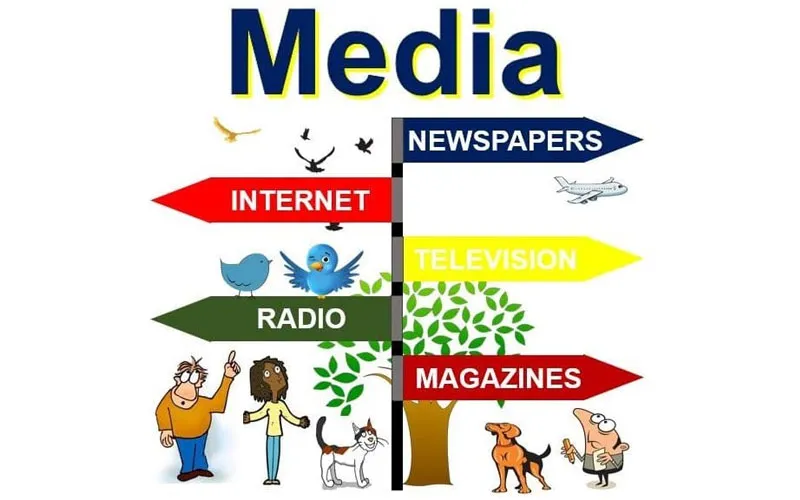Digitality, he explains, “provides a potent and effective way to reach a large audience, especially people, who are frequently the most sensitive to the problems of the modern world, the Church in Ghana must embrace Catholic media evangelization.”
“The media is expensive, yes but the media also pays in terms of the benefits it provides,” the member of the Clergy of Ghana’s Sekondi-Takoradi Diocese says, and adds, “The joy of telling our own story should be motivating enough to encourage us to embrace the media.”
He continues, “The advantages of using the media to evangelize by the Catholic Church in Ghana means that we as Catholics cannot justify our failure at employing the media, be it traditional media or new media on the grounds of lack of capital or resources.”
The real challenge in the process of effectively engaging digital media in evangelization is not about “content but a willingness to invest the needed capital to kick-start the project,” Fr. Dolphyne observes in his March 27 reflection.
He goes on to highlight some efforts made by the Catholic Church in the West African nation to engage digital media for evangelization, saying, “The Catholic Church in Ghana has established a number of media outlets to spread the gospel after realizing the value of media evangelism.”
He gives the example of The Catholic Standard, Ghana’s only national Catholic weekly newspaper that has been in existence since 1938, which the Catholic Priest saying “offers news and analysis from a Catholic viewpoint.”
“Other Department of Pastoral and Social Communication (DEPSOCOM) Offices across the nation, including DEPSOCOM Sekondi-Takoradi, DEPSOCOM Accra, DEPSOCOM Kumasi, DEPSOCOM Tamale, and DEPSOCOM Konongo -Mampong, are also pursuing programs in the media,” Fr. Dolphyne says.
“The Catholic Church in Ghana has made some attempts to create an active legacy and online presence,” he further says, adding that the Church “needs to do more to combine these platforms and interact with its members more meaningfully because current efforts are still insufficient and disjointed.”
He advocates for the realization of the National Catholic Television project in Ghana, saying, “If we fail to take advantage of the media landscape and realize this project, our Catholic faithful will be more susceptible to the false teachings of other churches whose doctrines are easily accessible through the media.”
“The Church in Ghana must adopt the Catholic media evangelization project because it provides a potent and effective way to reach a large audience at a time when we need to innovate in order to address the issue of declining membership and maintain an active presence and voice in the nation,” he says referencing a concern about “dwindling number of Catholics” in the West African nation, a situation members of the Ghana Conference of Catholic Bishops (GCBC) described as “alarming”.








